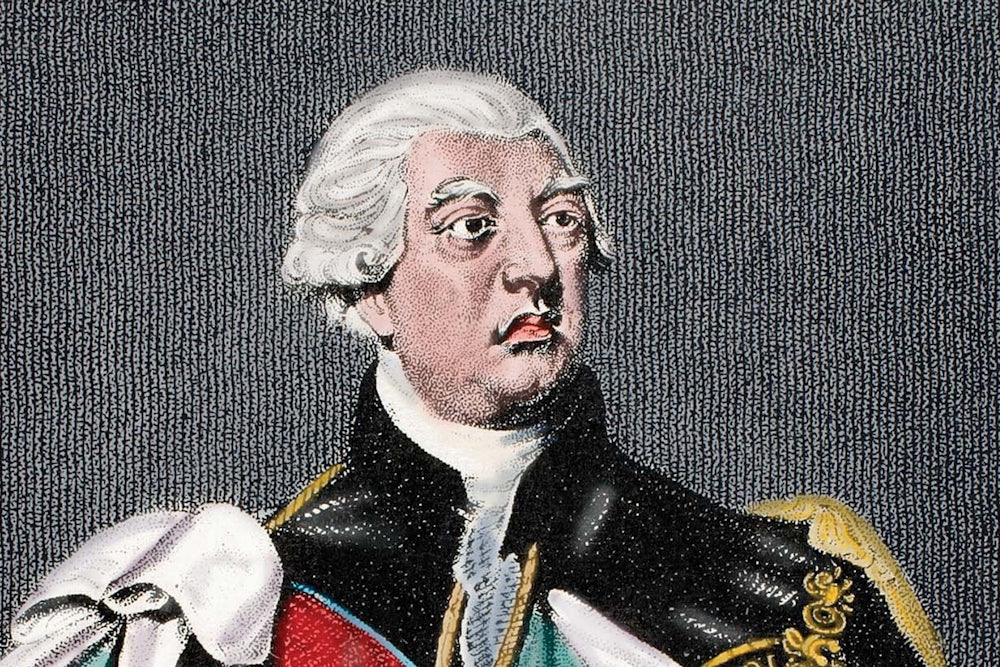The January 6 committee has done a superb job of ferreting out former President Donald Trump’s various schemes for keeping himself in power after losing the 2020 election, and the American press has done an excellent job of summarizing and explaining each of the committee’s alarming discoveries. I have noticed, though, that frequently, nearing the end of an article describing one or another of Trump’s hair-raising plans to subvert the U.S. electoral process, the writer will say something to the effect that Trump is not likely to be prosecuted for any of his subversive ploys because putting an ex-president on trial would be so traumatic for the nation.
Why, exactly, would putting an ex-president on trial for crimes he has clearly committed or abetted cause Americans such great trauma? A Washington Post/ABC News poll last May found slightly over half of all Americans in favor of putting Trump on trial, which happens to be exactly where the American public stood in the immediate aftermath of the January 6, 2021, attack on the U.S. Capitol by Trump supporters. The most recent ABC News/Ipsos poll found nearly 60 percent of Americans in favor of charging Trump with a crime. It seems likely that the increase in support for subjecting Trump to the judicial process is a result of the investigations of the January 6 committee, and the committee has clearly not finished its work. I think it is a good bet that, by the time it has, the idea of putting Trump on trial will have the support of about two-thirds of the American people.
These figures do not necessarily rebut the fear that an extended trial of an ex-president might be, in some ways, an unsettling experience for the nation. I believe that the American people, without thinking about it consciously perhaps, do regard the president, whoever it is, as a monarch, even if they dislike the person occupying that office at a given time. And I believe this is true for several reasons, the first of which is that there is a natural human tendency to accord respect (even if it’s a hostile, grudging respect) to the person with the highest status in the land. Secondly, an American president, given the powers that the office holds, is to some extent a virtual monarch. The monarchical aspect of the presidency has been an issue since the founding of the country and has increased as the powers of the presidency have expanded over the years. Richard Nixon’s statement in a post-presidential interview with David Frost that “when the president does it, that means that it is not illegal” tells the tale.
Back in the days of the George W. Bush administration and its “war on terrorism,” Frederick A.O. Schwarz Jr. and Aziz Huq wrote a piece called “PRESIDENT OR KING?” accusing that president of asserting “the power once claimed by British kings to set aside the laws of the land.” They were referring to the administration’s condoning of the use of torture, in contravention of U.S. law. They wrote: “The theory of a monarchical presidency, decried by The New York Times last month as a return to the ‘imperial presidency’ condemned by Arthur Schlesinger, Jr., during the Nixon years, has been used to underwrite precisely those policies that the American people would not countenance as open laws.” They went on to argue: “The theory that the president can break the law flies in the face of America’s founding covenant to be a government of laws, not men.” They referenced Alexander Hamilton’s Federalist Paper No. 69, which argues that the Constitution as written gave Congress more than sufficient power to check the monarchical tendencies of a president, a conceptual frame that has not exactly worked out in practice.
If Trump were to be indicted by the federal government, what might the charges against him be? Former acting Solicitor General Neal K. Katyal outlines the possible charges in a New York Times piece titled “THE FUTURE CRIMINAL CASE AGAINST DONALD TRUMP.” The first possibility would be to charge him with obstruction of an official proceeding, referring to the attempt on January 6, 2021, to disrupt the certification by Congress and the vice president of Joe Biden’s election to the presidency. The question would be whether Trump was part of the plot, and Katyal believes there is persuasive evidence that he was. Second, Trump could be charged with “conspiracy to defraud the United States.” The fact that a conspiracy failed cannot be a defense against this charge, and Trump’s supposed belief that he was cheated out of an election victory would also not suffice as a defense. Third, Trump could be charged with seditious conspiracy. The Justice Department has used this exact charge against members of the Proud Boys and Oath Keepers who were part of the assault on the Capitol, but prosecutors would have to prove that Trump and at least one other person conspired to use force to delay the execution of a law, or to overthrow the government, a hard charge to substantiate. Trump also may be indicted in Fulton County, Georgia, for his insidious attempt to “find” enough votes to turn the state.
It is, however, clear enough that Donald Trump, while still president, led an attempt to subvert the peaceful transfer of power to the man who had beaten him in the 2020 election, using various means, including inciting his followers to violence in an attack on the U.S. Capitol building, an attack he wanted to lead himself. There may indeed be some danger in putting him on trial for his misdeeds, but I think there is a far greater danger in not doing so. That danger is that it will have been conclusively demonstrated that the U.S. presidency is indeed a monarchy, beyond the reach of the laws to which every other American is subject. And future presidents will take note of that, and act accordingly.




